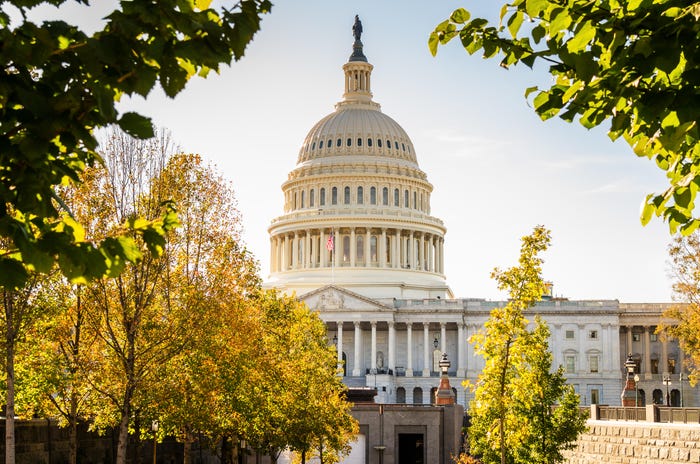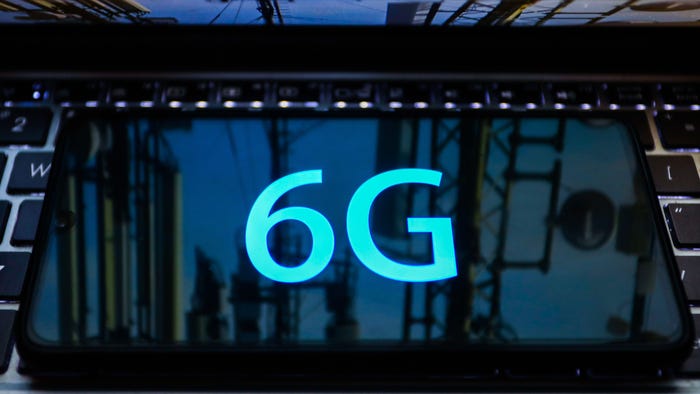Embracing IT modernization in state & local government agenciesEmbracing IT modernization in state & local government agencies
The ever-evolving nature of IT necessitates that state and local government agencies remain adaptable and up to date to serve the public sector better. This is why IT modernization has become increasingly critical.

In today’s rapidly changing digital landscape, state and local government agencies constantly battle to keep up with continuous technological advancements. The ever-evolving nature of IT necessitates that these organizations remain adaptable and up to date to serve the public sector better. This is why IT modernization has become increasingly critical.
This article outlines the advantages and hurdles government agencies encounter on their path to IT modernization and highlights the significance of staying ahead during this transformative process.
Advantages of IT modernization
Enhancing operational efficiency
One key benefit of IT modernization lies in improving operational efficiency within government agencies. Outdated systems and processes often lead to inefficiencies, wasting time and resources. By modernizing their IT infrastructure and software, these organizations can streamline operations, automate repetitive tasks and gain real-time access to data. These improvements can translate into faster decision-making, enhanced service delivery and a more agile and responsive government.
Improving citizen services
State and local government agencies exist to serve the public. Embracing IT modernization not only benefits these organizations themselves but also significantly enhances the services provided to citizens. Modernized systems enable the implementation of user-friendly interfaces, self-service portals and round-the-clock access to essential information and services. This allows citizens to conveniently complete tasks and access information, increasing satisfaction and trust in government institutions.
Optimizing cost savings
Although IT modernization often requires a significant initial investment, it can ultimately lead to substantial long-term cost savings. Outdated IT systems and legacy infrastructure can be expensive and prone to frequent breakdowns. By embracing modernized systems, maintenance costs are reduced, and operational efficiency improves, resulting in significant cost savings over time. Moreover, streamlined processes and minimized downtime free up valuable resources that administrators can allocate to other critical areas of government expenditure.
Challenges/obstacles in government agencies path toward IT modernization
Fragmented IT systems and outdated legacy infrastructure
One of the most prominent challenges government agencies face when pursuing IT modernization is the presence of fragmented IT systems and outdated legacy infrastructure. Over time, organizations accumulate various systems and technologies that must be efficiently integrated or replaced for compatibility purposes. However, this process can be complex, time-consuming and costly. Neglecting these upgrades may result in inefficiencies as well as potential security vulnerabilities.
To read the complete article, visit American City & County.


